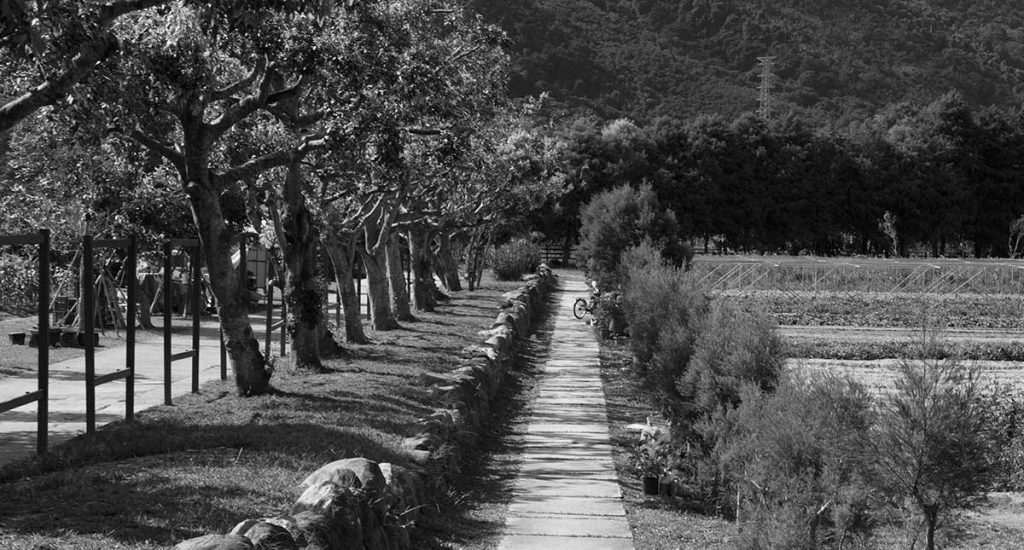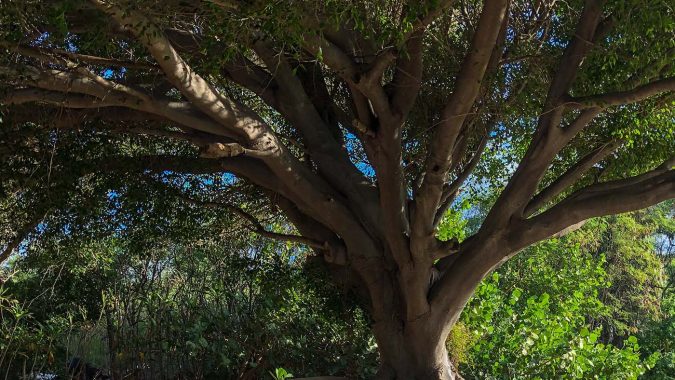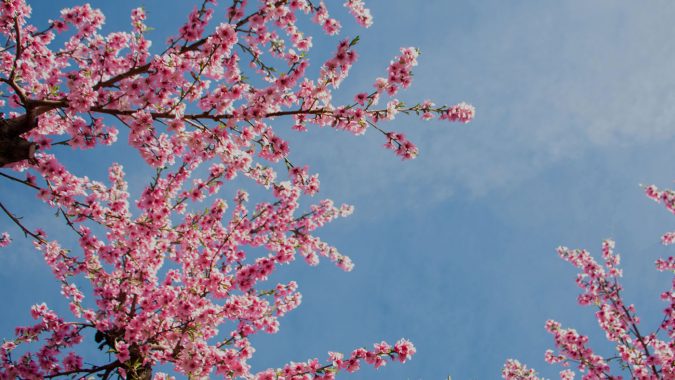
In Buddhism, a bodhisattva is someone who strives to attain enlightenment for the sake of all sentient beings – the Sanskrit term combines bodhi (enlightenment) and sattva (living being).
A bodhisattva’s sincere and spontaneous wish for perfect enlightenment for the ultimate benefit of others is indicative of bodhicitta (awakening mind), and embraces wisdom (to direct the mind to enlightenment) and compassion (concern for others).
This altruistic aspiration can be reinforced by taking the Bodhisattva Vow to liberate all sentient beings, expressing even the willingness to forgo one’s own enlightenment for the sake of others.
Through this vow one also commits to a spiritual path that includes the cultivation of the Six Perfections (Sanskrit: pāramitās), which are giving, precepts, forbearance, diligence, samadhi, and wisdom.
The Tzu Chi Path of Buddhism is fundamentally a bodhisattva practice as the focus is always on benefiting others selflessly.
Moreover, while supreme bodhisattvas – such as Avalokiteshvara, the embodiment of compassion who seeks to deliver all beings from suffering – are revered and represented in sacred art, Master Cheng Yen always firmly puts the emphasis on our own capacity to reach this exalted state of purity and altruism:
In Buddhism, the term “bodhisattva” doesn’t just refer to statues placed in temples to be worshipped by devotees. The term also refers to compassionate people who make altruistic vows, act out their love, and reach out to help the suffering – bodhisattvas are people who sincerely vow to take voluntary action to help others.
Everyone is born with an innate Buddha-nature, and everyone has love in their heart. When that love is awakened, people will naturally want to reach out to give to others. A heart full of love is the most beautiful thing in the world. Living bodhisattvas make great vows and help others without being asked. They give of themselves amidst suffering and send out ripples of love.
When I took refuge with my mentor, Master Yin Shun, he instructed me to “be committed to Buddhism and to all living beings.” When people become my disciples, I encourage them to “emulate the Buddha’s heart and carry out my missions as their own.” This is the core spirit of our Jing Si Dharma lineage.
[Tzu Chi was founded in 1966]. In the first decade […] we focused our efforts on charity. In the second decade, our work expanded to include medical care; in the third decade, we laid the foundation for our mission of education; in the fourth, we deepened our efforts in the mission of culture. All along the way, we have worked for the benefit of all living beings with an underlying Buddhist spirit. Upholding the principles of sincerity, integrity, faith, and honesty, we practice the spirit of kindness, compassion, joy, and unselfish giving.
In [Tzu Chi’s] 41st year, I announced the establishment of Tzu Chi’s dharma path as a school of Buddhism. While working for all beings, we further stress our commitment to Buddhism. The heart of the Buddha is pure and untainted. To emulate his heart, we must purify our own and let it stay tranquil, clear, and true to our altruistic vows. Only then can we be steadfastly dedicated to Buddhism and all living beings.
By encouraging my disciples to “carry out my missions,” I hope all of them can walk the Bodhisattva Path and go among people to help the needy. Everyone is like a living sutra containing wondrous teachings from which we have much to learn. When we go into the world and serve others, the innumerable dharma paths that lead us to penetrate life’s truths become clear to us. By helping others and creating happiness for them, we are actually cultivating our own wisdom.
It is my hope that every one of my disciples can emulate the Buddha’s heart and carry out [Tzu Chi’s] missions as their own. When they can do that, they will see everyone as a Buddha; they will naturally thank, respect, and love all beings; and they will help alleviate much suffering in the world.
So, let’s do our best to give of ourselves without asking for anything in return. Even if we can only do a little, we should still seize every opportunity to contribute, to cultivate our blessings and wisdom.
The section in italics is comprised of excerpts from an article written by Master Cheng Yen, translated by Teresa Chang, and published in Tzu Chi Quarterly, Summer 2010.
































